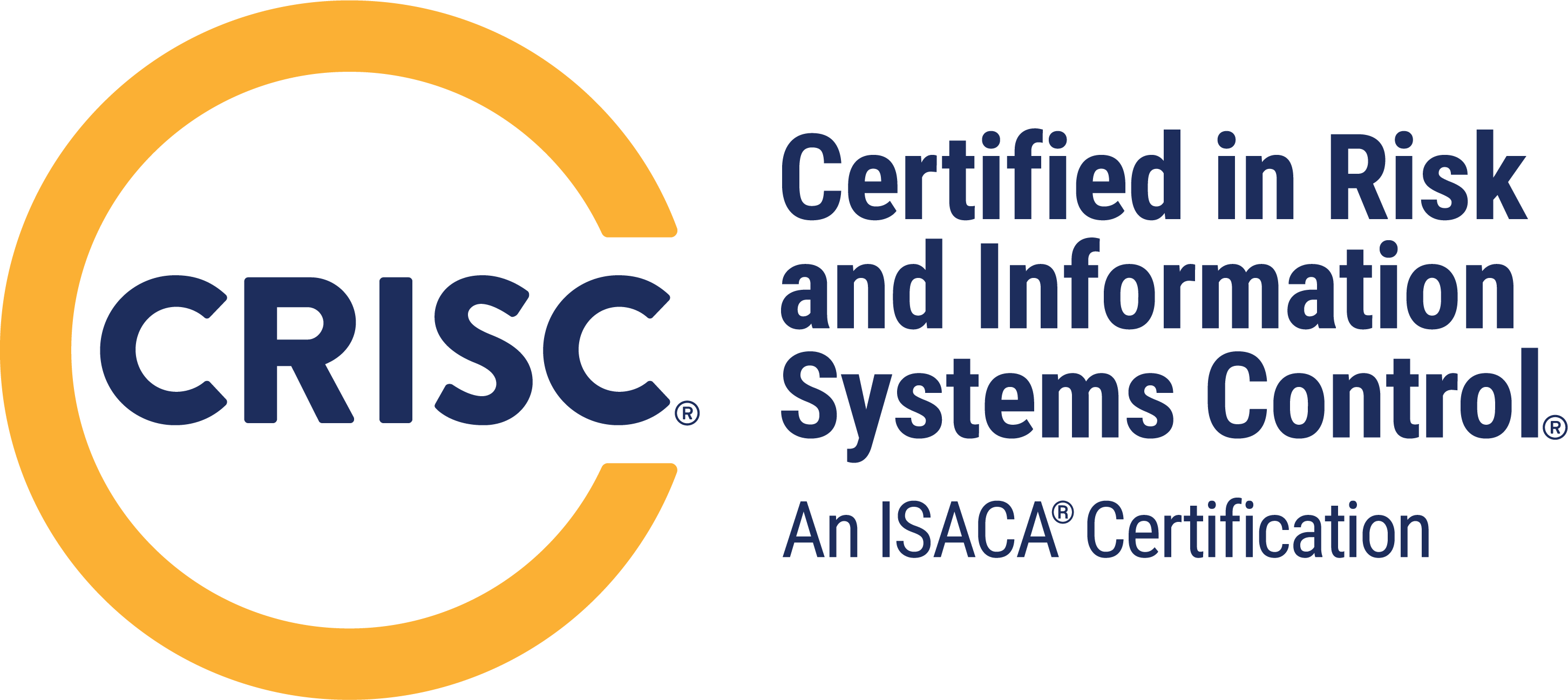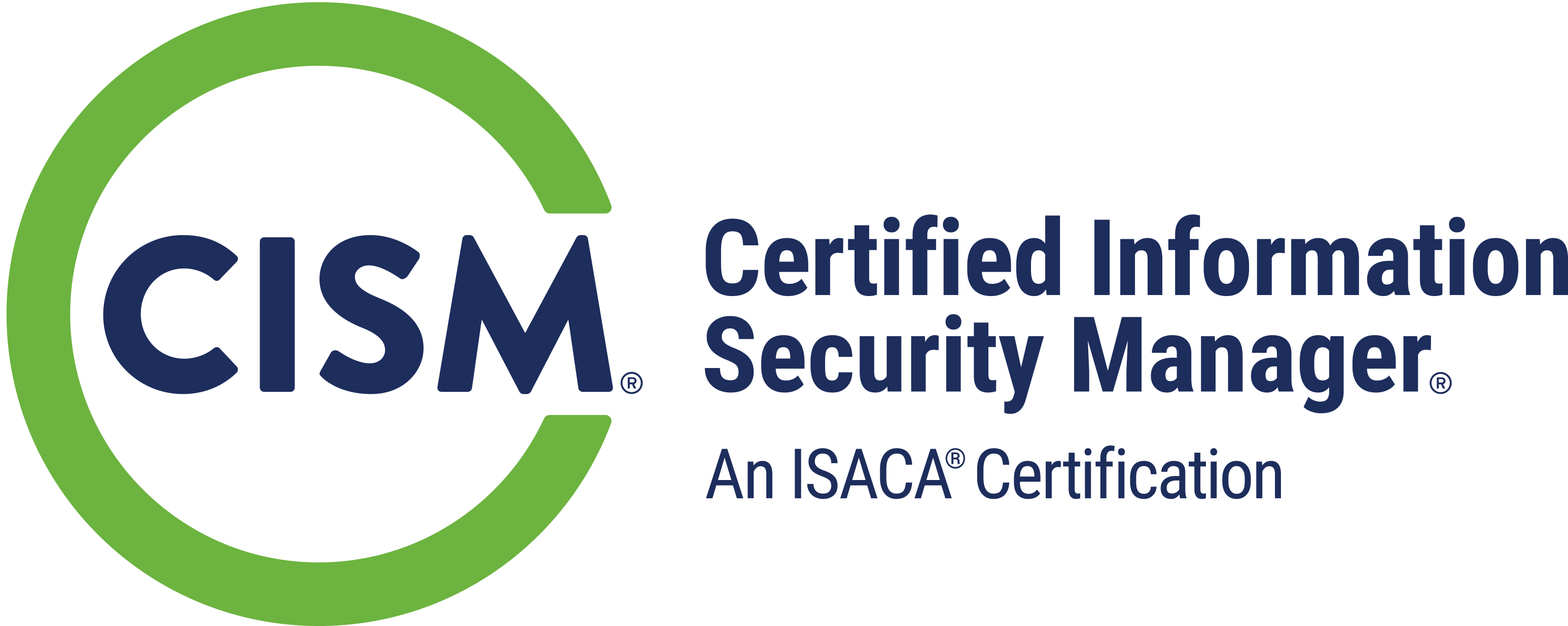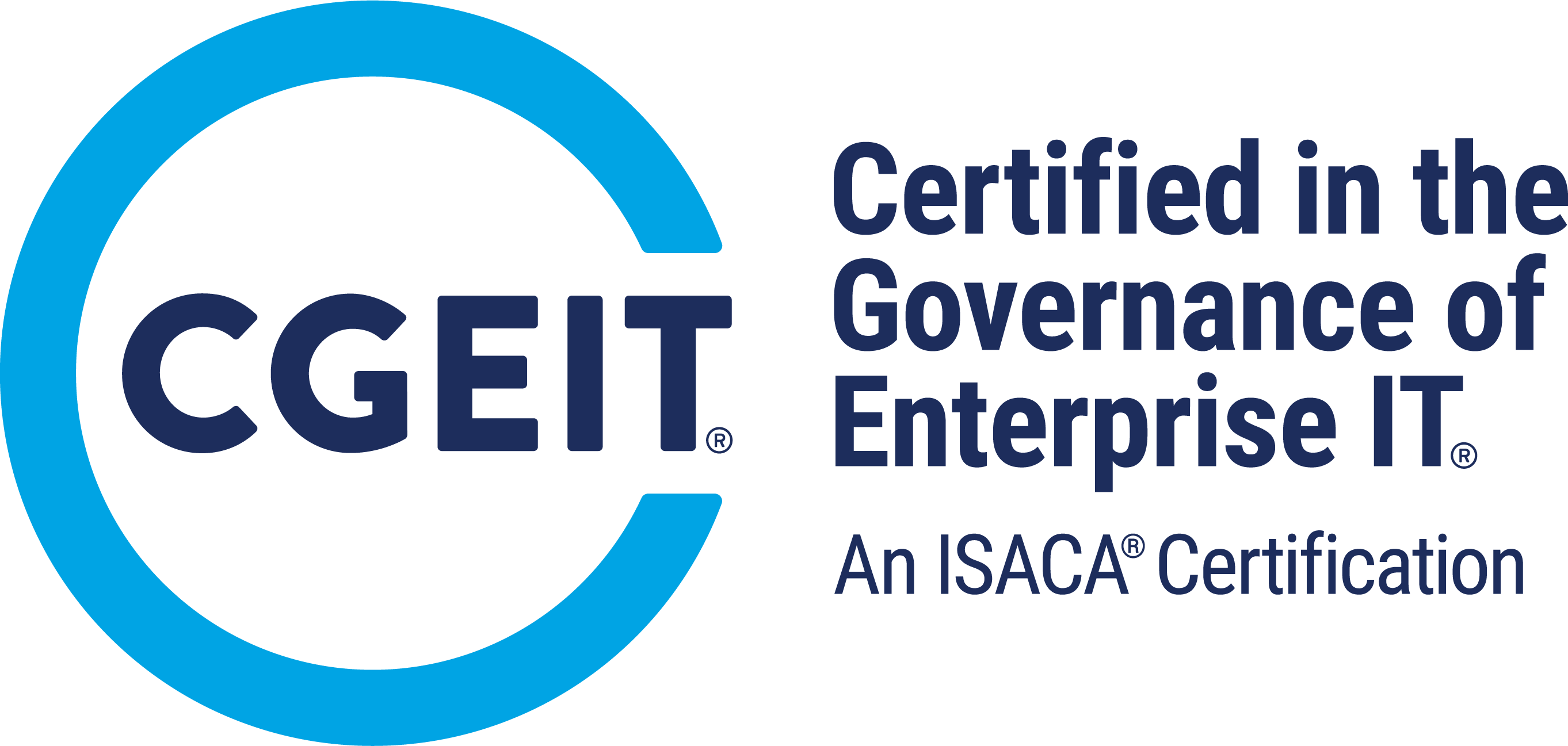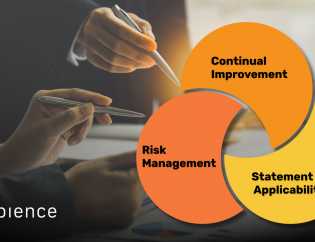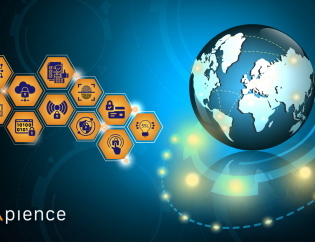A Career in Cybersecurity - Your Blueprint to an Exciting and Impactful Career
Every day we hear of organisations suffering from Cyber Attacks, of individuals having their identities compromised and falling prey to scammers. In our increasingly connected world where people are spending more time online than offline, we often ask what are we doing to protect ourselves? Can we do more?
Written by:
Principal Consultant
Sapience Consulting

Cybersecurity is a vast and ever-evolving
field that encompasses various aspects to protect computer systems, networks,
and data from unauthorised access, attacks, and damage. In this article, we
will explore some of the key aspects of cybersecurity.
1. Network Security: Network security focuses on protecting the integrity and confidentiality of data transmitted over computer networks. It involves implementing measures such as firewalls, intrusion detection systems, and virtual private networks (VPNs) to safeguard against unauthorised access and data breaches.

2. Application Security: Application security involves securing software applications and systems from potential vulnerabilities and threats. This includes conducting regular code reviews, penetration testing, and implementing secure coding practices to prevent unauthorised access, data leaks, and other security breaches.
3. Data Security: Data security is concerned with protecting sensitive information from unauthorised access, disclosure, alteration, or destruction. It involves implementing encryption techniques, access controls, and data backup strategies to ensure the confidentiality, integrity, and availability of data.
4. Endpoint Security: Endpoint security focuses on securing individual devices such as computers, laptops, smartphones, and tablets. It involves implementing antivirus software, intrusion prevention systems, and device encryption to protect against malware, unauthorised access, and data theft.
5. Cloud Security: With the increasing adoption of cloud computing, cloud security has become a critical aspect of cybersecurity. It involves securing data stored in the cloud, ensuring secure access to cloud services, and implementing measures to protect against data breaches and unauthorised access.

6. Social Engineering: Social engineering refers to the manipulation of individuals to gain unauthorised access to systems or sensitive information. It involves techniques such as phishing, pretexting, and baiting. Cybersecurity measures like user awareness training and multi-factor authentication can help mitigate the risks associated with social engineering attacks.
7. Incident Response: Incident response is the process of handling and managing cybersecurity incidents. It involves identifying, containing, and mitigating the impact of security breaches or attacks. Organisations need to have well-defined incident response plans and procedures in place to minimise the damage caused by cyber incidents.
8. Security Auditing and Compliance: Security auditing and compliance ensure that organisations adhere to industry standards, regulations, and best practices. Regular security audits help identify vulnerabilities and weaknesses in the security infrastructure, while compliance ensures that organisations meet legal and regulatory requirements.
9. Security Awareness and Training: Educating employees about cybersecurity risks and best practices is crucial in maintaining a secure environment. Security awareness programs and training sessions help employees understand their role in protecting sensitive information and prevent security incidents caused by human error.s
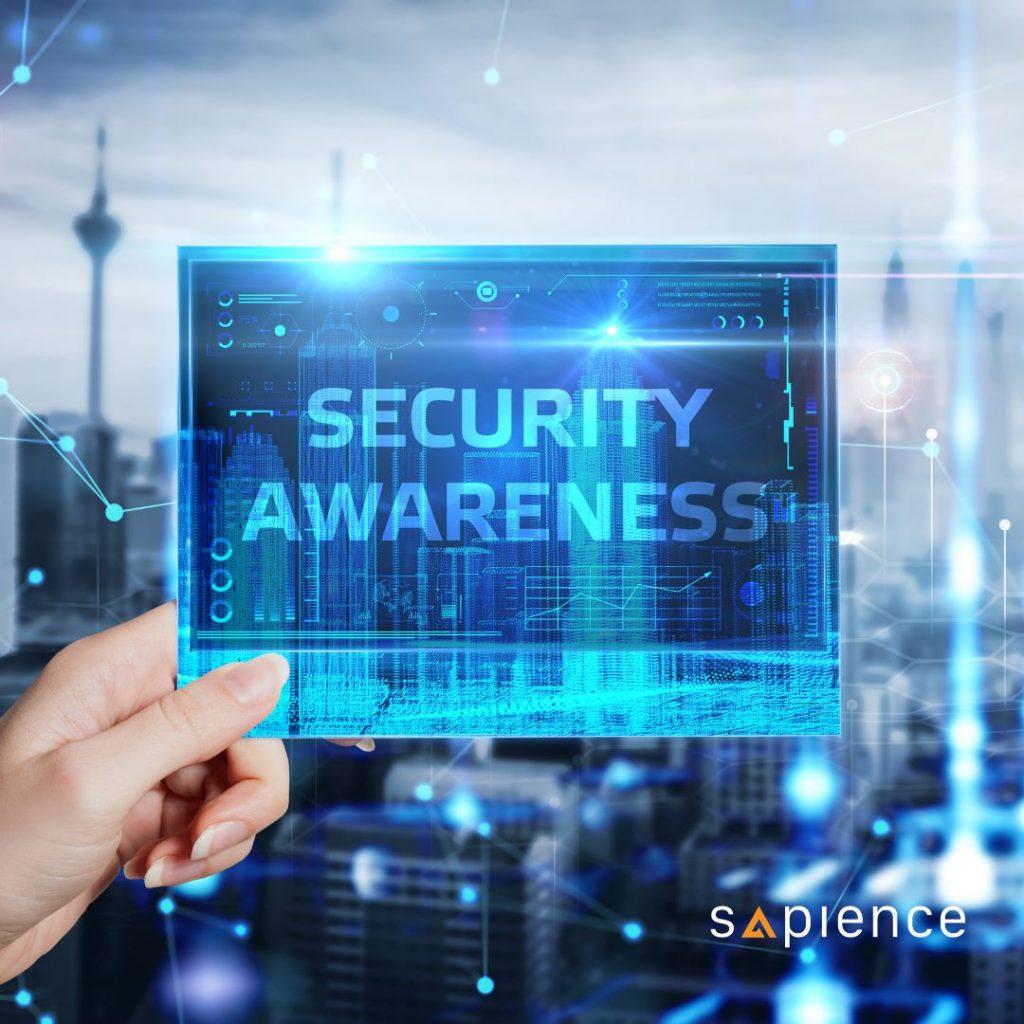
10. Threat Intelligence: Threat intelligence involves gathering and analysing information about potential cyber threats and vulnerabilities. It helps organisations stay updated on the latest attack techniques, emerging threats, and vulnerabilities, enabling them to proactively implement security measures to mitigate risks.
Cybersecurity encompasses various aspects that work together to protect computer systems, networks, and data from unauthorised access and attacks. By understanding and implementing these different aspects, organisations can enhance their overall security posture and safeguard against potential cyber threats.
In Singapore, cyberattacks increased 145% year on year in 2021, according to statistics from Check Point Research (CPR). There were nearly 2 million attacks in Singapore in Q2 2022. Ransomware (35 percent in volume in 2021) and data theft (10 percent) were the two most common attacks. The average cost of a cybersecurity attack here is approximately SGD 1.7 million (USD 1.3 million) per breach, the highest in Asia-Pacific[1]. The Singapore CyberSecurity Market is valued at USD1.96 billion in 2023 and this is expected to grow to USD4.15billion in 2028[2], making this industry one of the most resilient and fast growing industry post Covid.
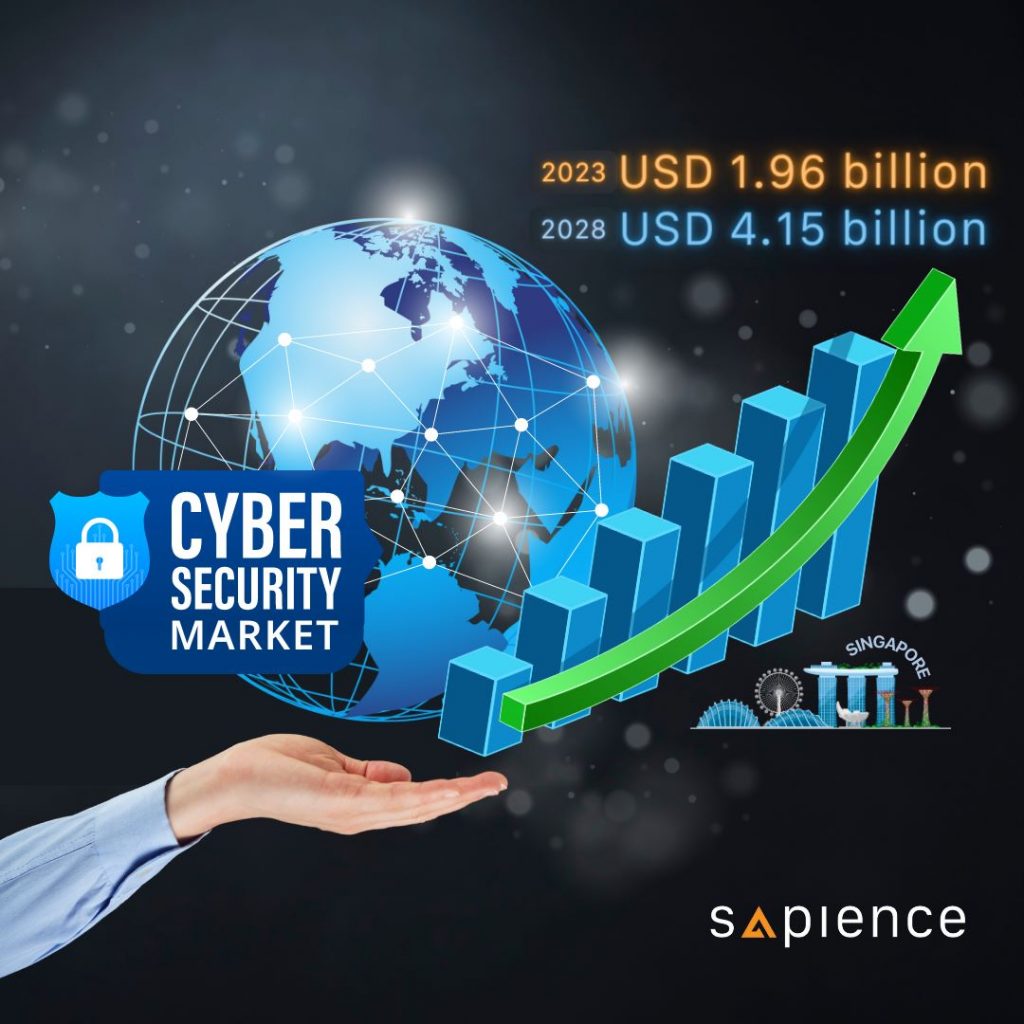
For someone looking to enter the Cybersecurity industry, it can seem to be a seemingly high mountain when one looks at the various areas of expertise that one is expected to attain in order to be deemed as proficient in discharging your cybersecurity related responsibilities.
The old adage of learning to crawl before walking, learning to walk before running becomes all so true in this case. No one is born a genius and no one will know which areas are you going to truly excel in unless you are adventurous and have a go at all the different areas.
This approach applied to cybersecurity as well. The various aspects mentioned above are all integral to any organisations seeking to secure their organisation. No one area is less important than the others. Cybersecurity professionals would usually do well to have exposures in all the various aspects before deciding where to specialise in.

Rome was not built overnight and it would also not be realistic to expect everyone to have the same level of proficiency. Building a systematic and structured roadmap to acquire the necessary competencies would allow one to have a more disciplined approach in achieving your goals
There is a wealth of resources available for people looking to acquire the necessary knowledge and competencies. Bodies like ISACA have also provided certification programmes geared towards empowering individuals at various stages of the careers. From the Certificate courses offered by ISACA for individuals just entering the industry to the certification courses for seasoned professionals.
Sapience Consulting is an ISACA Elite Accredited Training Organisation and offers the full suite of ISACA certification programmes, from the ISACA certificate courses to the full Certifications like CISA, CISM, CRISC CGEIT and CDPSE.

Delivered by practicing consultants who are able to bring real life experience and inject industry examples into the trainings, Sapience delivered trainings provide exceptional value to our learners who are looking for that something more beyond the typical academic contents covered.
Experience Exceptional today. Only with Sapience Consulting.
References
digital.ai. (2023). SINGAPORE CYBERSECURITY MARKET. https://digital.ai/resource-center/analyst-reports/state-of-agile-report/
trade.gov (2023). SINGAPORE CYBERSECURITY MARKET SIZE & SHARE ANALYSIS – GROWTH TRENDS & FORECASTS. https://www.mordorintelligence.com/industry-reports/singapore-cybersecurity-market
Learn more about Cybersecurity with these available courses today!
Check out our IBF-approved courses! There is no better time to upskill than now!


